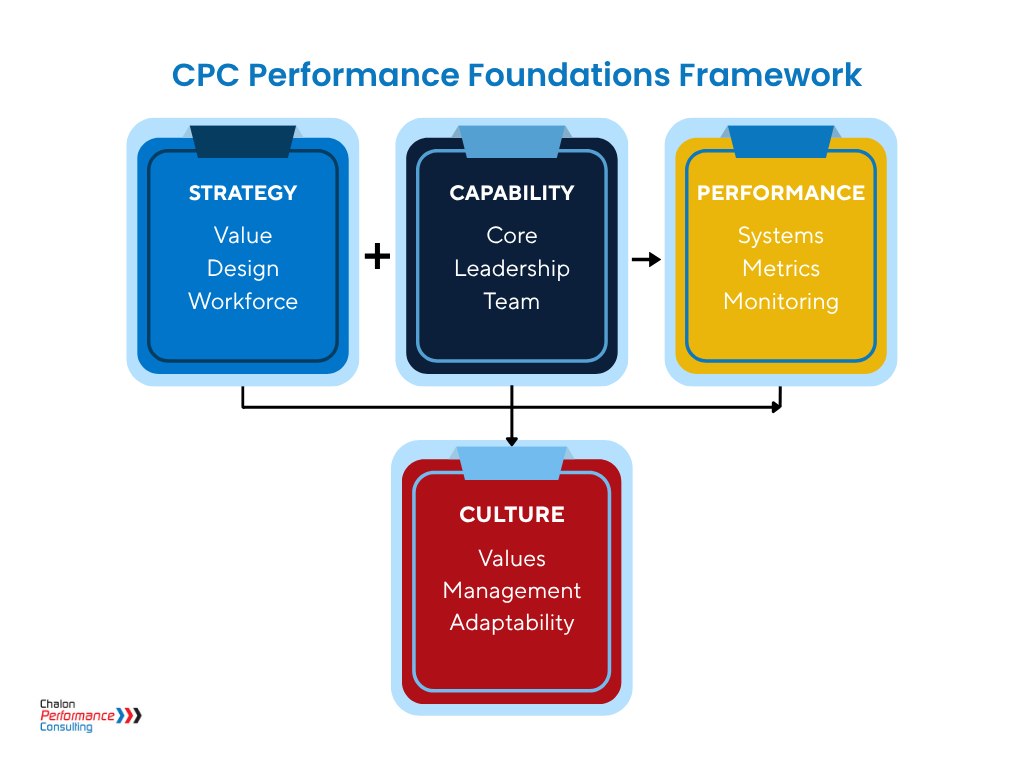There are 5 Reasons Why Employees Quit
The Great Resignation, coined by Anthony Klotz- University of London’s school of management, was sometimes referred to as the “Big Quit” and the “Great Reshuffle.” Workers have started deliberately leaving their jobs in considerable numbers beginning in early 2021 in Western countries, China, and India. Possible explanations include stagnant income despite rising living costs, ongoing job dissatisfaction, COVID-19 pandemic health and safety concerns, and a desire to work for companies that have superior remote-working policies. Some economists have equated The Great Resignation to a general strike. According to PwC, it can be explained by the “resignation equation”, with 5 plausible reasons why employees quit:
- These workers are less likely than others to find a job fulfilling.
- They are also less likely than others to feel they can be themselves at work.
- These employees are less likely than others to feel fairly financially rewarded.
- They are also less likely than others to feel their team cares about them.
- These workers are less likely than others to feel that their manager listens to them.
Based on PwC’s recent survey on ‘Global Workforce Hopes and Fears’, a whopping 69% of the respondents cited job fulfilment as an important factor to consider a change in working environment, following 71% for salary. However, things are far from over. In a recent work by the Chartered Institute of Personnel and Development, it was discovered that more than 6.5 million people in the UK anticipate quitting their jobs in the upcoming year, with income and benefits serving as the primary motivator. Seeking a better work-life balance and increased job satisfaction rank as the next two most important factors. In another research project by Paro, a Chicago-based financial firm, engineers, journalists, or lawyers value work-life balance over salary. What does this tell us?
The PwC survey suggests employers must adapt if they want to survive. To recruit and retain employees, businesses “must adjust their workforce strategy to the individual demands of their workers.”
For instance:
- “Gathering data on employee sentiment (a culture survey provides this insight)
- Creating the right environment for employees to address social and political issues
- Committing to pay transparency
- Focusing on inclusion
- Investing in leadership development (considered a high-priority for many companies)
- Communicating their approach to keeping staff happy”
Doing things as they have always been done is no longer an option. Modern businesses must be prepared for change because they must adapt to the new environment. We strongly believe that to address any indifference toward change is to show value and the difference it will make. Change must become the ‘new normal.’ Change must become part of the culture. You will clearly see the route to success once your culture accepts, accelerates, and accomplishes change. If you need help building a change-ready culture, let’s discuss further.














